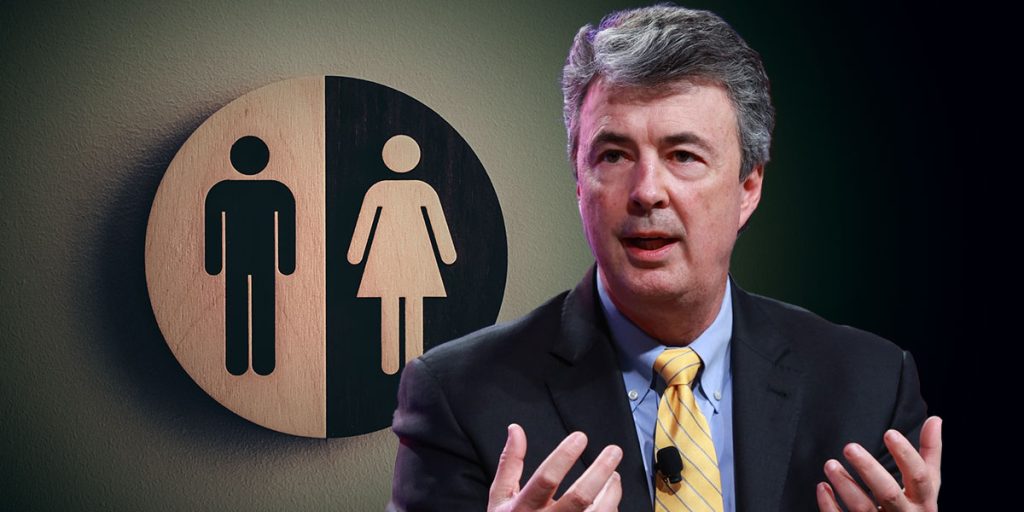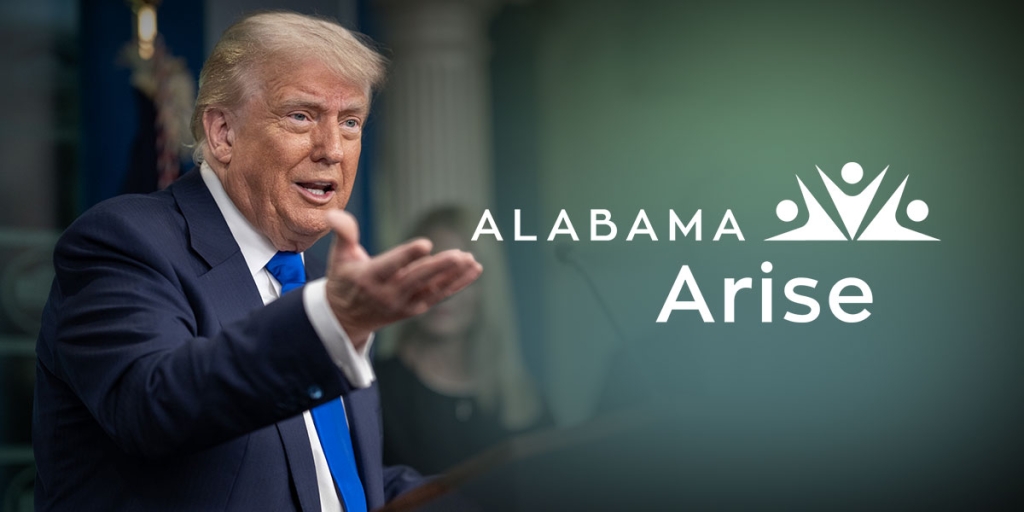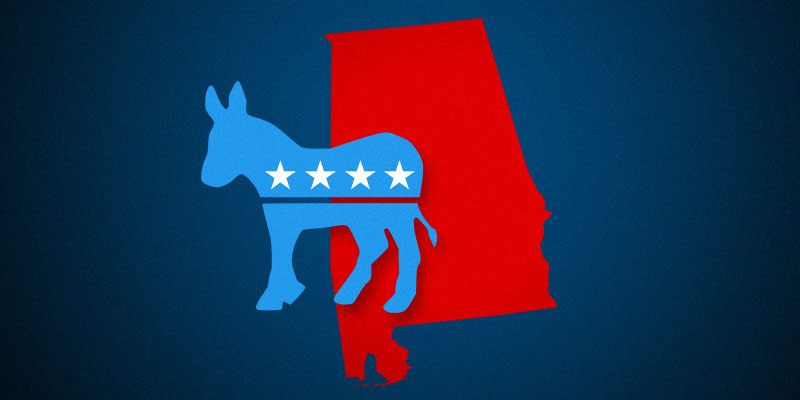Alabama’s General Fund budget, which appropriates taxpayer dollars to non-education state agencies like Medicaid, the Department of Corrections, Public Safety, and others, faces an economic crisis not seen since the darkest days of the Great Depression.
With historically stagnant revenues, rising Medicaid costs related to ObamaCare, a prison system on the precipice of federal takeover, and significant funding obligations required by law, a budget shortfall estimated at roughly $270 million looms over the State House.
In order to address current and future needs and pass a balanced General Fund budget as required by our state constitution, Gov. Robert Bentley has proposed $541 million in new taxes on everything from automobile purchases to tobacco products to the utilities you use to turn on your lights and run your dishwasher.
Neither I nor any of my fellow Republican legislators are inclined to embrace this proposal, and while several constituents have contacted me in strong opposition to the tax plan, not a single person has asked me to support it.
I agree with Gov. Bentley that the General Fund borders on fiscal catastrophe, but I also believe that we can resolve our budget problems without the new taxes for which he advocates.
To put it simply, we have an allocation problem in Alabama, not a revenue problem.
In years past, whenever a new tax was approved, its proceeds were earmarked for one specific purpose or another. Some of these earmarks are constitutional, which means the voters, in their wisdom, dedicated the taxes to an agency, initiative, or spotlighted need during referendum elections.
Many of Alabama’s statutory earmarks, however, were put in place many years ago through back room bargains between lobbyists and long-retired politicians who no longer roam the State House halls. The only way to avoid new taxes is to remove these earmarks and set priorities based on need, not on decades-old, money-hoarding schemes that lobbyists locked into our budgets.
Alabama is one of only three states that has two separate budgets, but, more to the point, we have the highest percentage of earmarked tax dollars in the nation at 91 percent. The national average is just 24 percent, and the next highest state behind Alabama is Michigan with 63 percent. Rhode Island is the lowest in the United States with only 4 percent of its tax revenues being earmarked.
Before we consider asking for one more dime of taxes, let us first restore a measure of sanity, implement good business practices, and use some everyday common sense in the way we budget.
Three of our state’s Republican governors have advocated for unearmarking tax dollars in the past. Gov. Fob James began his efforts as far back as 1979, but faced strong resistance from legislators and special interest lobbyists, and during his first term in office, Gov. Bob Riley candidly admitted, “We literally don’t have the flexibility to spend money where the need is most critical.”
Even Gov. Bentley has been a proponent of unearmarking tax dollars in the past.
Attempting to raise taxes without first addressing earmarking is like pouring water into a bucket that has a large hole in the bottom of it. No matter how much water you pour, it is never going to fill up the bucket.
I will soon introduce legislation that attempts to plug the hole in the bottom of the bucket first, and hopefully we will discover that we have already got enough water to fill it up without having to take any more trips to the taxpayers’ well.
My bill will remove the statutory earmarks that exist in our code, which would allow us the freedom to budget like families gathered at the kitchen table – placing our bills on one side, our income on the other, and setting priorities that meet critical needs while living within our means.
As a result, Alabama’s earmarked tax dollars would drop from 91 percent to 58 percent, a more reasonable and manageable amount that still protects funding for our most critical and vital needs.
By continuing to right-size state government, attacking waste where it exists, and implementing commonsense budget practices that are free of the handcuffs that earmarks present, lawmakers can resolve our fiscal problems without placing new levies on the citizens we represent.
Once they learn the details of my plan, I am convinced the legislative leadership and my fellow lawmakers will join this worthy effort.
Rep. Will Ainsworth, a small business owner in Guntersville, is a first-term Republican member of the Alabama House. He represents House District 27, which includes portions of Marshall, Blount, and DeKalb counties.













